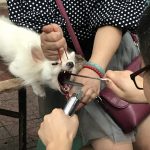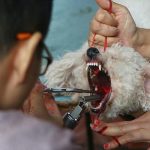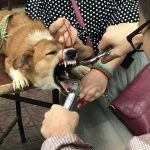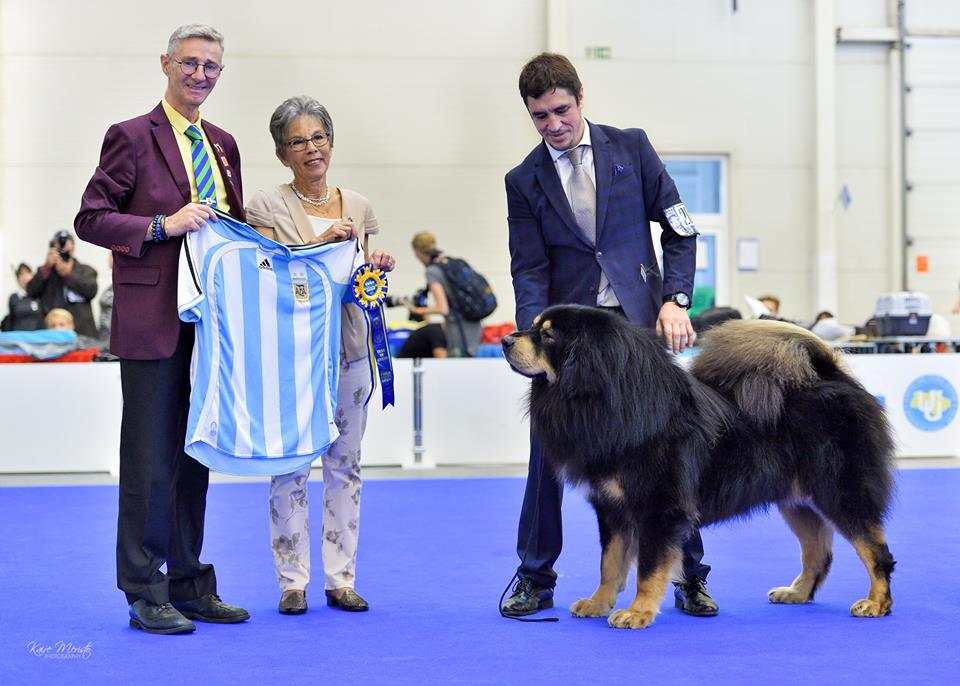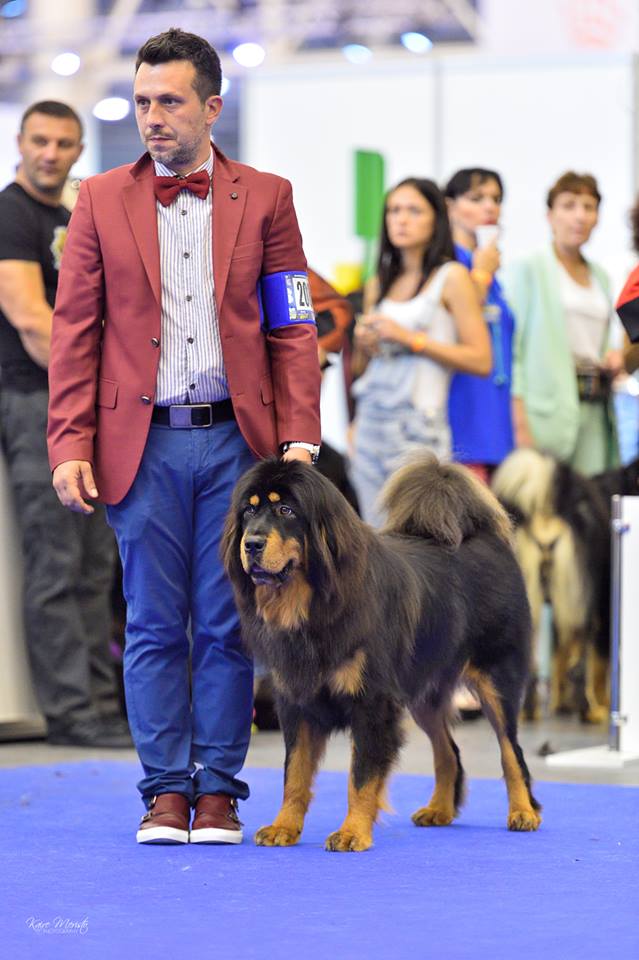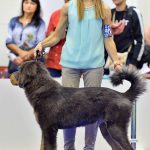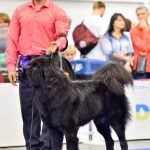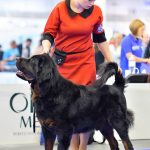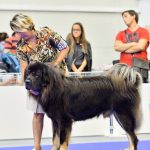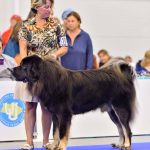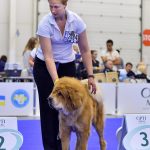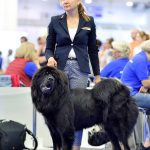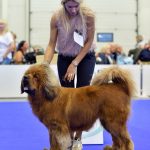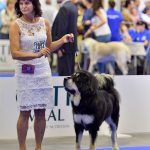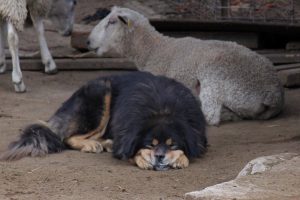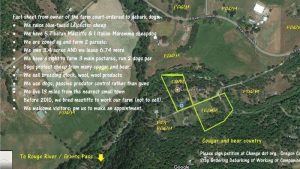An undercover report has exposed a shocking trend in a Chinese city, which sees pet owners sending their dogs to street vets to have their vocal cords removed to stop them from barking.
Horrifying pictures and videos have emerged which show one unlicensed vet, in south-west China, performed devocalisation operations on dozens of dogs in the street as his assistant forced open the mouths of the animals.
The news has sparked an outrage among the public as people and animal lovers called the procedure ‘unnecessary’ and ‘cruel’.
The undercover report, by Chengdu Business Daily, claimed that the vet, known with a surname Zeng, had been running his business at a flower and bird market in Qingbaijiang district of Chengdu since September 14.
Mr Zeng can be seen setting his booth at the side of a road. His equipment, displayed on a folding table, included a thong, a torch, cotton wool balls and tourniquets.
The act of getting pet dogs devocalised can be observed around China.
Most owners choose to let their animals undergo the surgery to stop their pets from barking too much.
According to Humane Society Veterinary Medical Association, devocalisation is an invasive procedure with the inherent risks of anesthesia, infection, blood loss and other serious complications.
Dogs could suffer breathing difficulties and increased level of stress and risks of threats to safety as a result of the operation.
Animal rights group PETA Asia explained that devocalisation took away dogs of their natural ability to vocalise and communicate. An officer from the group said the procedure ‘is unnecessary and inherently cruel’.
Keith Guo, a spokesman from PETA Asia, said: ‘It’s horrifying to know so many dogs have suffered through this procedure at the hands of this unlicensed vet.’
Irene Feng, director of Animals Asia’s Cat and Dog Welfare, agreed that devocalisation is a cruel and harmful operation to dogs.
‘It is being carried out in unsanitary conditions risking pain and infection for the animal, while such mutilation is obviously extremely negative for the dogs’ welfare and quality of life,’ Ms Feng stressed.
Both animal groups admitted there are no organisation running a specific campaign against the devocalisation trend in China, but they have been working hard to increase the awareness about responsible companion animal ownership.
Read more:
http://www.dailymail.co.uk/news/article-4894732/Chinese-vet-removes-dogs-vocal-cords-street.html#ixzz4tD77szxH
Follow us: @MailOnline on Twitter | DailyMail on Facebook

